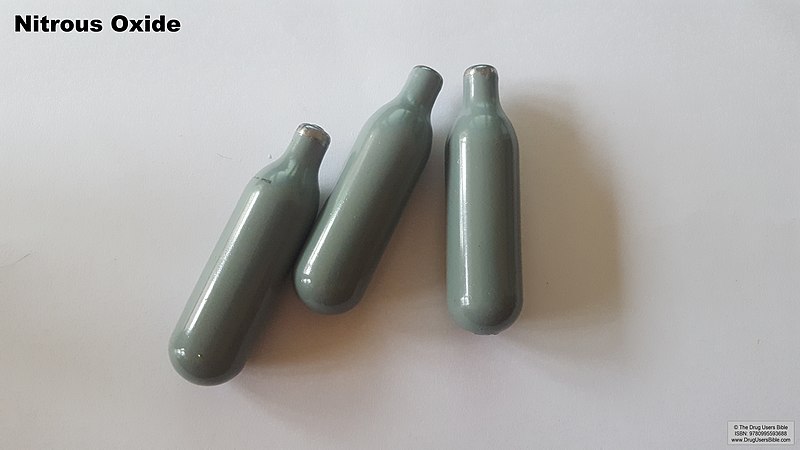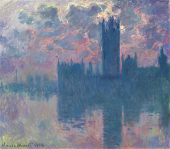
Laughing gas, also known as NOS, is set to be reclassified as a Class C drug and will become illegal in the UK by the end of the year, according to an announcement by the
government. This move follows concerns about the widespread recreational use of nitrous oxide, primarily among 16 to 24-year-olds.
Possession of nitrous oxide will carry a sentence of up to two years in prison, marking a significant shift in its legal status. Currently, the supply of nitrous oxide for recreational purposes is already banned, but possession remains legal.
Heavy use of laughing gas has been associated with a range of health issues, including nerve-related symptoms. Excessive inhalation of the gas can lead to headaches, anxiety, and even fainting or loss of consciousness. Long-term use may result in individuals being unable to walk, experiencing tingling or numbness in their extremities, or suffering from bladder and bowel problems, erectile dysfunction, or incontinence.
While the government's decision to criminalize possession goes against recommendations from the Advisory Council on the Misuse of Drugs, which argued that such a ban would be disproportionate, it aligns with the government's broader efforts to combat anti-social behavior.
However, there will be exemptions for legitimate uses of nitrous oxide in medical and catering industries, where it is commonly employed as a painkiller and in the production of whipped cream for cooking.
Critics of the ban, including health experts, have warned that it could deter users from seeking medical assistance and may lead to the criminalization of young people without addressing the root causes of nitrous oxide misuse.
The decision to categorize nitrous oxide as a Class C drug puts it in the same category as substances like diazepam, GHB, and GBL. This change is being implemented under the Misuse of Drugs Act 1971, which classifies drugs based on their perceived harm and potential for misuse.
In summary, the UK government's decision to make nitrous oxide possession illegal by year-end has sparked debates over its potential impact on public health, criminalization of users, and the effectiveness of such measures in addressing nitrous oxide misuse. Photo by DMTrott, Wikimedia commons.



































